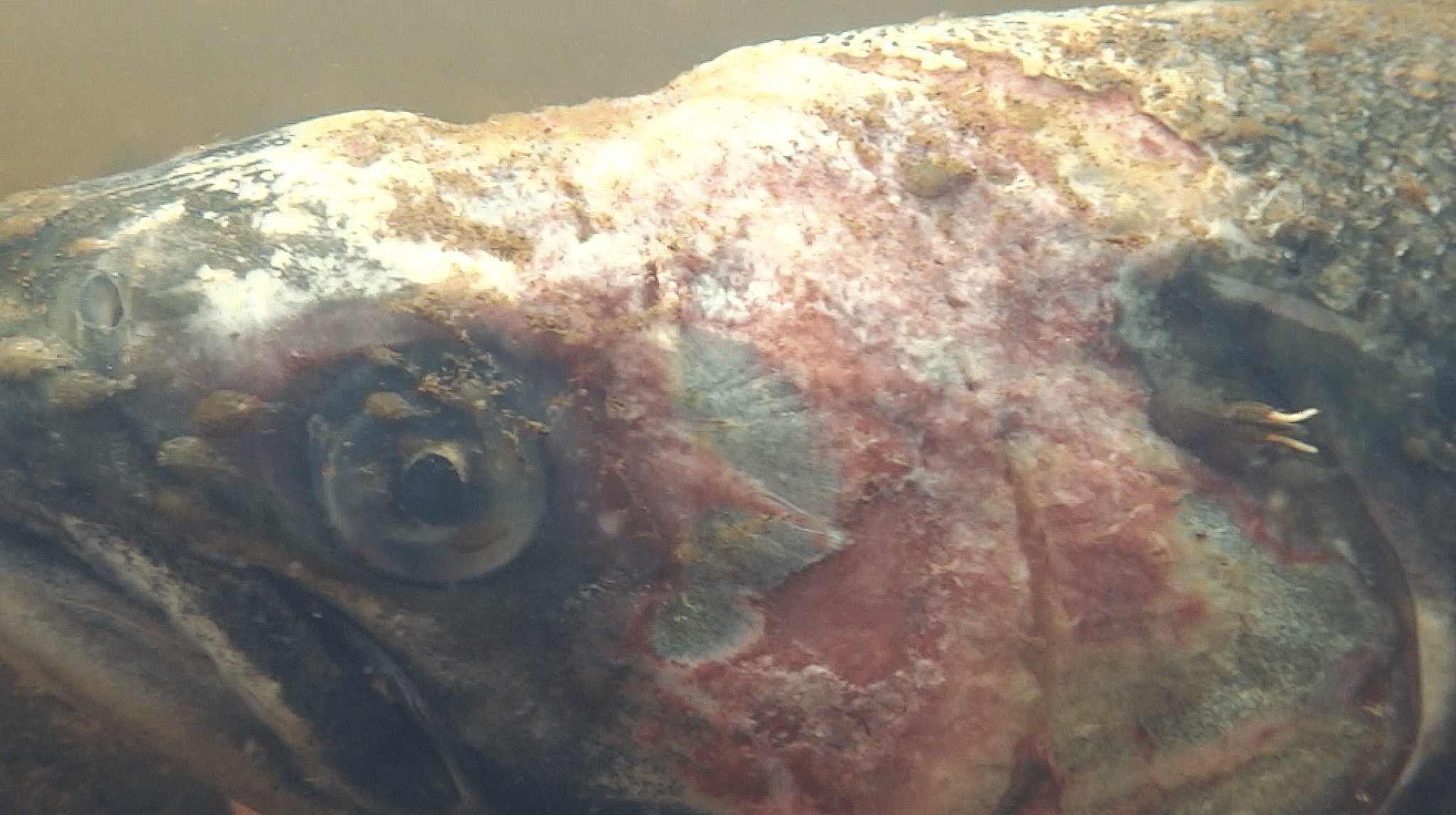Kjetil Hindar - Research Director - Norwegian Institute for Nature ResearchUsing open sea cages in Iceland is not particularly exciting, seeing as the method is phasing out in Norway.
Key factors
- In the last 20 years, Norway has seen its wild salmon populations cut in half. Salmon farming in open net pens is believed to be the largest human impact on wild stocks.
- Each year it’s reported that on average 200,000 salmon escape from the open net pens off the coast of Norway.
- 71% of Norway’s rivers are genetically polluted due to escaped farmed salmon.
- The situation in Norway is so critical that its government has halted issuance of new licenses for open net pen salmon farming. As a result, Norwegian salmon farming companies are now coming to Iceland.

Situation in Norway
In Norway, it is estimated that the wild salmon population currently consists of only 530,000 fish. The population has halved in the last 20 years and fish farming in open net pens is considered the largest man-made threat to wild stocks.
Norway is the largest producer of farmed salmon in the world, with a yearly production of 1.2 million tonnes. The industry has had catastrophic environmental impacts in Norway, with reported annual escapes from farms of approximately 200,000 fish – four times the wild population in Iceland.
The resulting interbreeding between escaped farmed salmon and wild salmon has an irreversible effect on the genetic integrity of wild stocks, weakening them and reducing wild salmon production and survival. Research has shown that over 71% of Norwegian rivers have been affected by interbreeding. In 29% of rivers the genetic contamination is at a critical level, such that the genetic integrity of wild fish is changing to that of the farmed fish.
The second largest problem is sea lice epidemics. In large scale open net pen production, sea lice can fester and multiply at alarming rates. A recent study in Norway found that sea lice epidemics have killed over 50,000 wild salmon between 2010 and 2014.
The fish farming industry uses various methods to tackle sea lice epidemics – poison is dumped into the ocean or put into feed, other species are placed in pens to eat the lice off infected fish, and fish are pumped into well boats where they are bathed in 30c hot water, often resulting in high mortality rates. Even more negative environmental impact comes from the massive amount of waste that enters the ocean unhindered, endangering other marine life.
In Norway, nature has been exploited for financial gain with catastrophic and irreversible effects. The situation has become so serious that the government has banned all new licenses for open net pen farms and is only awarding licenses to companies that are developing eco friendlier production methods, like closed containment. It is not a coincidence that Norwegian salmon farming companies are now seeking to invest in Iceland.
Sources
- Vitenskapsradet.no - Status of wild Atlantic salmon in Norway 2018
- Vitenskapsradet.no - Status of wild Atlantic salmon in Norway 2017
- Miljodirektoratet.no - Escaped farmed fish
- Hi.no - The Institute of Marine Research
- Imr.no - Lakseluskartet
- Sjomatdata.hi.no
- Fiskeridir.no - Rømmingsstatistikk
- FT.com
- fishfarmnews.blogspot.com - Toxic Sea Lice Chemicals - Norway is a Disaster Zone
